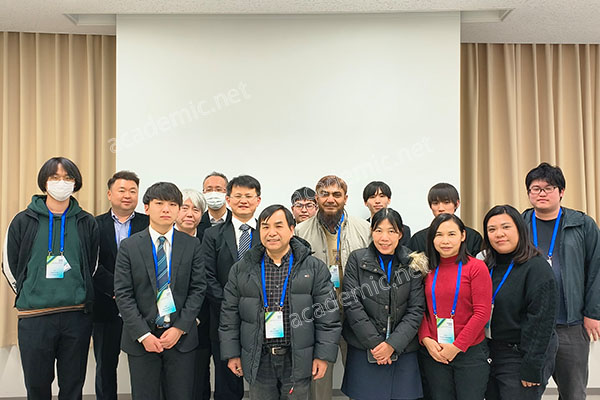How to Access Conference Papers

1. Conference Proceedings
-
Purchase or Access Proceedings: Many conferences publish their proceedings, which can be purchased in print or digital format. These might be available through the conference website or through academic publishers like IEEE, ACM, Springer, or Elsevier.
-
Digital Libraries: Some conferences make their proceedings available in digital libraries like IEEE Xplore, ACM Digital Library, or SpringerLink. Institutions often have subscriptions to these services.
2. Online Academic Databases
-
Google Scholar: Search for the conference paper title, author, or keywords. Often, you can find links to the paper or its abstract. Sometimes, you can access the full text if it's open access or if your institution has access through a subscription.
-
PubMed: For conferences related to medical or life sciences, PubMed can provide access to conference papers, especially those that have been published in journals.
-
Web of Science: This database indexes conference proceedings, and you might find full-text access through your institution's subscription.
-
Scopus: Another comprehensive database where you can search for conference papers.
3. University and Institutional Resources
-
Library Access: Many universities provide access to conference papers through their library subscriptions to academic databases or directly through their own repositories.
-
Interlibrary Loan: If your university doesn't have direct access, you can often request papers through interlibrary loan services.
-
Open Access Repositories: Universities often have institutional repositories where researchers might deposit their conference papers. Check the university's website or platforms like arXiv (for physics, mathematics, computer science, etc.).
4. Professional Associations
- Membership Benefits: If you're a member of a professional association that hosts the conference, you might have access to conference papers as part of your membership benefits.
5. Author Contact
- Direct Contact: If you can't find the paper through official channels, you might contact the authors directly. Many researchers are willing to share their papers upon request.
6. Conference Websites
- Post-Conference Access: Some conferences provide access to papers or presentations after the event, either for free or for a fee.
7. Social Media and Networking
- ResearchGate, Academia.edu: Many researchers upload their conference papers to these platforms. You can request access or find the paper if it's publicly available.
8. Conference Proceedings Archives
- Conference Series Websites: Some conference series maintain archives of past proceedings that can be accessed online.
9. Preprint Servers
- arXiv, bioRxiv: While not all conference papers are posted on preprint servers, some researchers do share their work there before or after presenting at a conference.
Tips for Accessing Conference Papers:
- Check Your Access: Determine if your institution has access to the conference proceedings or the database where the paper is published.
- Use Multiple Search Engines: Don't limit yourself to one search engine; use a combination of Google Scholar, PubMed, and other relevant databases.
- Look for Open Access: Some conferences or authors make their papers open access, meaning they're freely available to anyone.
- Cite Correctly: When citing conference papers, ensure you use the correct citation format, which might differ from journal articles.
Remember that access to conference papers can be restricted due to copyright or publication agreements, so always respect the intellectual property rights of authors and publishers. If you're unable to find a paper through these methods, consider reaching out to the authors or conference organizers for assistance.
